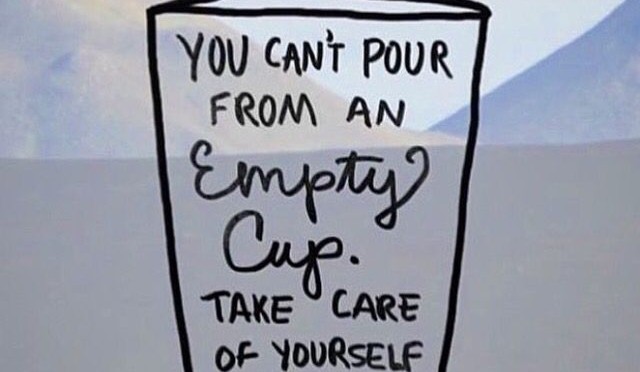 On March 27, 2020, the Coronavirus Aid, Relief, and Economic Security (CARES) Act was signed into law. The CARES Act grants totally $955 million will support older adults and people with disabilities in the community during the COVID-19 pandemic.
On March 27, 2020, the Coronavirus Aid, Relief, and Economic Security (CARES) Act was signed into law. The CARES Act grants totally $955 million will support older adults and people with disabilities in the community during the COVID-19 pandemic.
Organizations that will have access to this funding includes a network of community-based organization such as Area Agencies on Aging, Centers for Independent Living, senior centers, faith-based organizations and other community-based non-profit organizations that provide resources and services to help older adults and people living with disabilities stay healthy and live independently. $100 million is earmarked for the National Family Caregiver Support Program to help expand services that aid families and information for caregivers who are providing support for their loved ones at home.
The COVID-19 pandemic has certainly brought to light the weaknesses of our current social support systems for older adults and their care partners living at home. The much-needed CARES Act funding will help aging service providers and other community-based organizations to reach vulnerable populations across the United States with resources to help meet the physical, emotional and spiritual needs of this group, among other at-risk population groups.
Social isolation and loneliness of older adults and their care partners did not start with the pandemic, but quarantine and social distancing guidelines have intensified what was already a serious and growing problem with our fast-aging population. While some initial studies pointed to a near 30% increase in loneliness during the first month of COVID-19, it is yet to be determined the fall-out of long-term isolation for older adults now that we are moving into our 10th month of the pandemic.
Across the spectrum of care of our aging population, especially those living alone, COVID recovery must address the long-term effects of prolonged isolation and loneliness. Some of these include mental health concerns, substance abuse, domestic violence, anxiety, poor sleep, changed eating habits, and depression.
Thanks to technology, many organizations quickly became adept at reaching these populations through Zoom and other conferencing platforms, helping to support at-home caregivers and provide meaningful activities to help alleviate the social isolation. Innovation and creativity have led many of these groups to realize that post-Pandemic, these social platforms will be a permanent and important part of their community outreach education, resource and support services. CARES Act funding will help support these initiatives and address the most pressing challenges of reaching elders and families who simply cannot leave their homes, even when there is no pandemic. Rural elders and their care partners are especially an at-risk population.
With the hope of a vaccine bringing the pandemic to a slow-closure, social isolation and loneliness in older adults must be addressed as the public health challenge that it is. The targeted funding from the CARES Act is the critical financial injection at the state and local level and hopefully will be the catalyst for additional long-term funding to support the needs of older adults and their families with expanded education, resources and support services.
For information on AGE-u-cate programs for older adults and their care partners that may be offered by Area Agencies on Aging and other community-based organizations click here.
Pam Brandon is President/Founder of AGE-u-cate Training Institute. AGE-u-cate develops and delivers training and education for professional and family caregivers across the aging services spectrum. Pam is a passionate advocate for elders and their caregivers.


